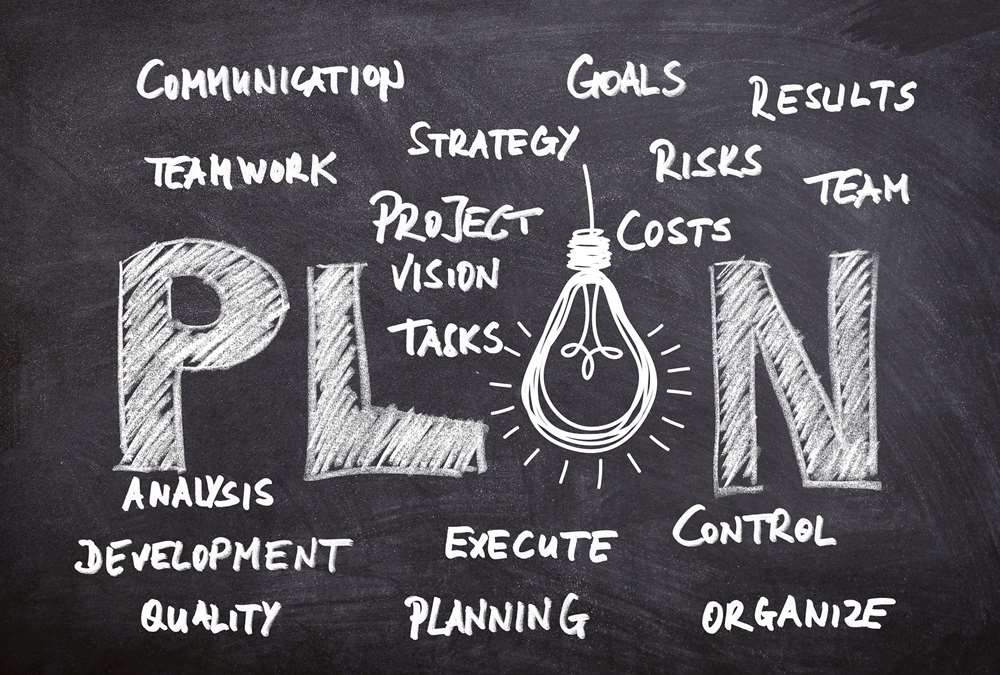
Leadership Skills – Decision Support Tools
“You can’t progress without making decisions.” -Jim Rohn
Think about times when you have been involved in implementing a new decision involving a change process, procedure or initiative. Individuals and teams make business decisions every day, but how do you know you made the right choice? What are your best practices for overcoming the resistance you encountered when implementing a business decision? Many managers view decision-making as an event. Decision making is actually a process. Managers who recognize decision-making as a process increase their likelihood of making more effective decisions. Decision-making is a systematic process of managing the issues that concern you, your group or your organization.
brings you tools and training on planning the implementation of decisions, managing the implementation and evaluating the decision once implemented.

How often do you have a plan for how you’re going to spend your day, but aren’t able to complete the tasks in your plan due to unimportant tasks, interruptions, or your own procrastination? Wouldn’t it be great to be able to manage your schedule and time while avoiding, or at least controlling, these time thieves? Learn strategies for managing your schedule while managing interruptions and time pressures.

Time management is the process of planning and exercising conscious control over the time spent on specific activities, especially to increase effectiveness, efficiency and productivity. The best time management techniques improve the way you work. Time management refers to the effective management of time so that the right time is allocated to the right activity. Learn more about the five steps to effective time management, viz. study, identify, analyze, decide and implement.

Many types of teams have been identified by social scientists. Managers can encounter various types of challenges while managing different types of teams. The challenges associated with cross-functional teams can be different from those of a geographically dispersed team or a virtual team. This article explores some common categories and subtypes of teams.

The use of formal work teams is commonplace in modern organizations. But why do we have teams? What are the benefits or advantages that teams bring to organizations and employees? Do we really need to adopt formal team structures and use team building approaches in organizations? Read this article to explore and discover the benefits of having formal teams in organizations.

How to create effective teams? What comes to mind when you think of an effective team? High-performing teams demonstrate accountability, purpose, cohesion, and collaboration. It is a team that works transparently as a whole. Each brings unique talents and strengths and supports each other to bring out the best in each. How to create one?

All teams are dynamic by nature and they take time to form, they form, develop and grow in stages, over a period of time. Teams go through five progressive stages: Forming, Storming, Norming, Performing and Adjourning. In this article, we want to walk you through these stages of team development and some strategies you can use to help the team grow and develop through each of these stages.

Storming is the second stage of team development and this stage is characterized by power seeking and interpersonal conflict. Learn the key factors that occur in the storm phase and the strategies a team leader can adopt to get through this high wind phase

If a manager has too many weak spots in the team’s talent, the ability to empower team members to execute the project independently is rewarding. Assignments fall behind or stretch because the necessary skills or knowledge are not in place when needed. To successfully execute large projects, it is essential to hire talented people and increase the talents of existing staff.

Underutilization of time may be due to faulty system or manager/officer/leader faults or lack of planning. Many factors can cause procrastination behavior, such as system problems, personal work habits, lack of delegation, personality traits and poor work habits of the leader, inability to solve problems. interpersonal conflicts, obstacles and a lack of foresight.
